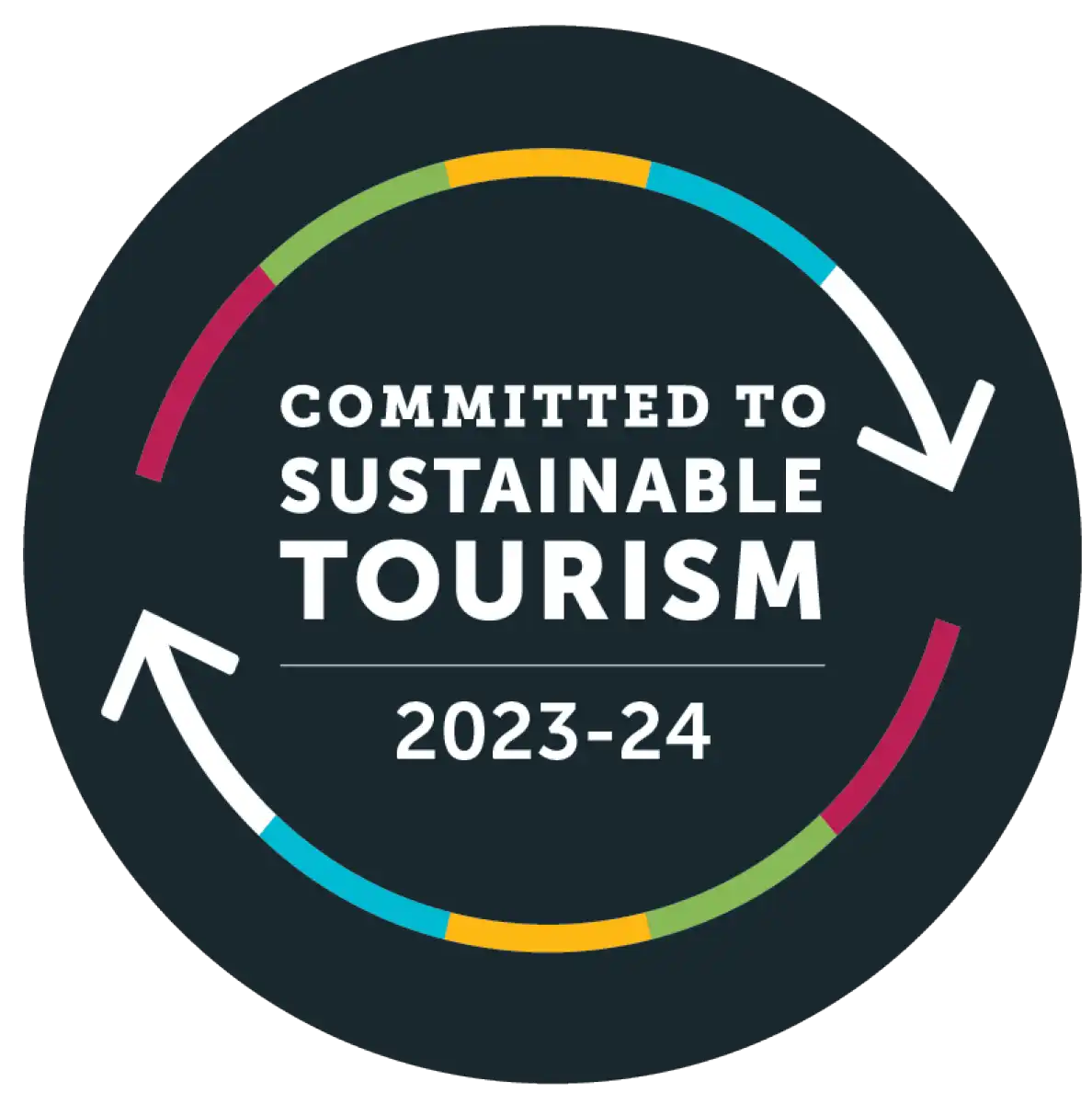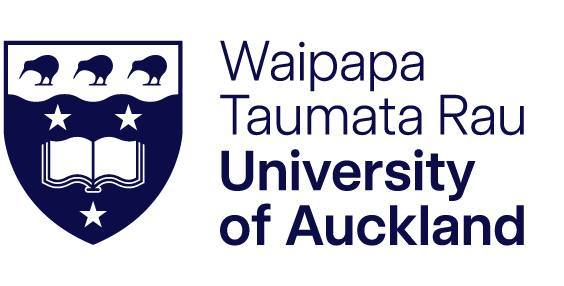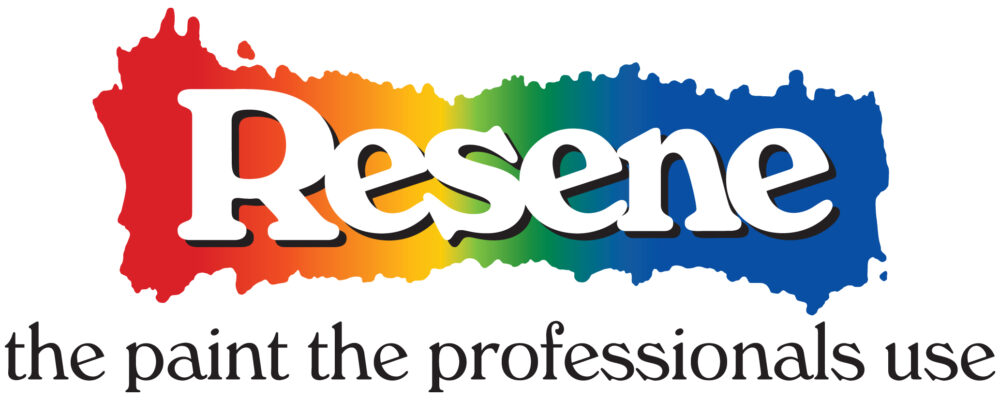Eden Park’s new changing rooms set ‘benchmark’ for women in sport
Jun 8, 2022Female athletes in Aotearoa are set to benefit from a multi-million-dollar project to redevelop and upgrade player facilities at a number of stadiums and community grounds to be completed in time for Rugby World Cup 2021 (playing in 2022).
Women’s internationals across rugby, football and cricket had first glimpse of the brand-new facilities at New Zealand’s national stadium, Eden Park, during a formal opening on Wednesday 8th June. Ngāti Whātua Ōrākei conducted a karakia to open the refurbished gender-neutral changing rooms ready for the world’s best women’s rugby players when they arrive this October.
Black Ferns and Auckland Storm players Eloise Blackwell, Charmaine McMenamin, Aleisha-Pearl Nelson and Patricia Maliepo attended the opening alongside former White Ferns and current Auckland Hearts cricketer Katie Perkins and Football Fern Ava Collins.
Eden Park CEO Nick Sautner says the new facilities signal a paradigm shift for New Zealand sports and venues.
“Eden Park is an iconic venue, revered for its reputation as host to some of the world’s most memorable sporting moments. To host three Women’s World Cups across two years is a once-in-a-generation opportunity, so it is only fitting that these elite female athletes experience the best Aotearoa has to offer – including fit-for-purpose facilities.
“The installation of these facilities at the Park represents a significant step forward in achieving gender equality for our female athletes and officials; we are delighted that they will be enjoyed by both current and future wāhine in sport.”
The Accessible Facilities Project is a result of a $15.4 million funding injection from Sport NZ as part of the wider Sport Recovery Package announced by the Minister of Sport and Recreation, Hon. Grant Robertson in May 2020.
The funding allocation has targeted facilities used for the three women’s World Cups in New Zealand – starting with the recent Cricket World Cup 2022 held in March, followed by the Rugby World Cup 2021 (playing in 2022) from 8 October to 12 November and the FIFA Women’s World Cup in 2023.
New and improved facilities include individual showers, privacy screens, cubicle toilets, baby change tables, sanitary bins as standard, accessible bathrooms and gender-neutral changing rooms for both players and officials. A Best Practice Guidelines for changing room facilities has also been developed as part of the project, to be shared with clubs and sports organisations around the country with the aim of encouraging further improvements. The guidelines will be available as part of the Women in Club Toolkit on the New Zealand Rugby website. Go to Women in Clubs Toolkit | NZ Rugby (allblacksleadership.com) to find out more.
Rugby World Cup 2021 Tournament Director, Michelle Hooper says, “The timing could not be better for the completion of this project just as Aotearoa welcomes the world’s best female athletes and officials. It’s a historic moment in time for women’s sport and it’s only fitting that we set a new precedent for how we cater to our wāhine in sport.
“We are determined to put on a Rugby World Cup like no other and provide an experience these athletes and officials deserve. Part of that means providing facilities that reflect our values of equality and accessibility and we hope that will be replicated across all sports and all levels in time.”
Sport NZ CEO Raelene Castle says they have been delighted to work with NZ Rugby, NZ Football and NZ Cricket, along with Stadiums and Host Cities, to ensure facilities are fit for purpose for these key international events, and to deliver enduring gender-equal legacy benefits.
“Once the tournaments have left our shores, many of New Zealand’s stadium and community grounds and clubs will provide changing facilities that will offer security, space and privacy, importantly removing another barrier for participation by women and girls in community sport.”
Domestic and grassroots players will also benefit from the improvements, with $7.4 million of the funding package dedicated to 11 Auckland and Northland venues that will host the 12 Rugby World Cup 2021 teams. The venues include the host stadiums Eden Park, Waitākere Stadium and Northland Events Centre, as well as training grounds Bruce Pulman Park, Bell Park, Orakei Domain, Gribblehirst Park, Hora Hora Rugby Union Football Club, Shore Road Reserve, Colin Maiden Park and Northland Rugby’s new facility at Pohe Island.
Organising teams from each of the three women’s World Cups have been involved throughout, contributing to the planning and design of the facilities as part of their respective legacy plans. This includes aesthetic features like the tiles in the Eden Park changing rooms, sourced to represent the ocean and Pasifika influences shared by the three tournaments. The project team includes industry leaders; The Greenstone Group (Project Management), Studio 106 (Architecture), BBD (Quantity Surveying), Vivian Construction (Auckland) and Guyco Construction (Northland).
Rugby World Cup 2021 will be played from 8 October – 12 November 2022. Organisers are targeting a world record attendance at the triple-header opening match day on 8 October at Eden Park where the five-time Rugby World Cup winning Black Ferns will take on Australia. Eden Park will then create history by becoming the first stadium to host both the men’s and women’s Rugby World Cup finals on Saturday 12 November.



















